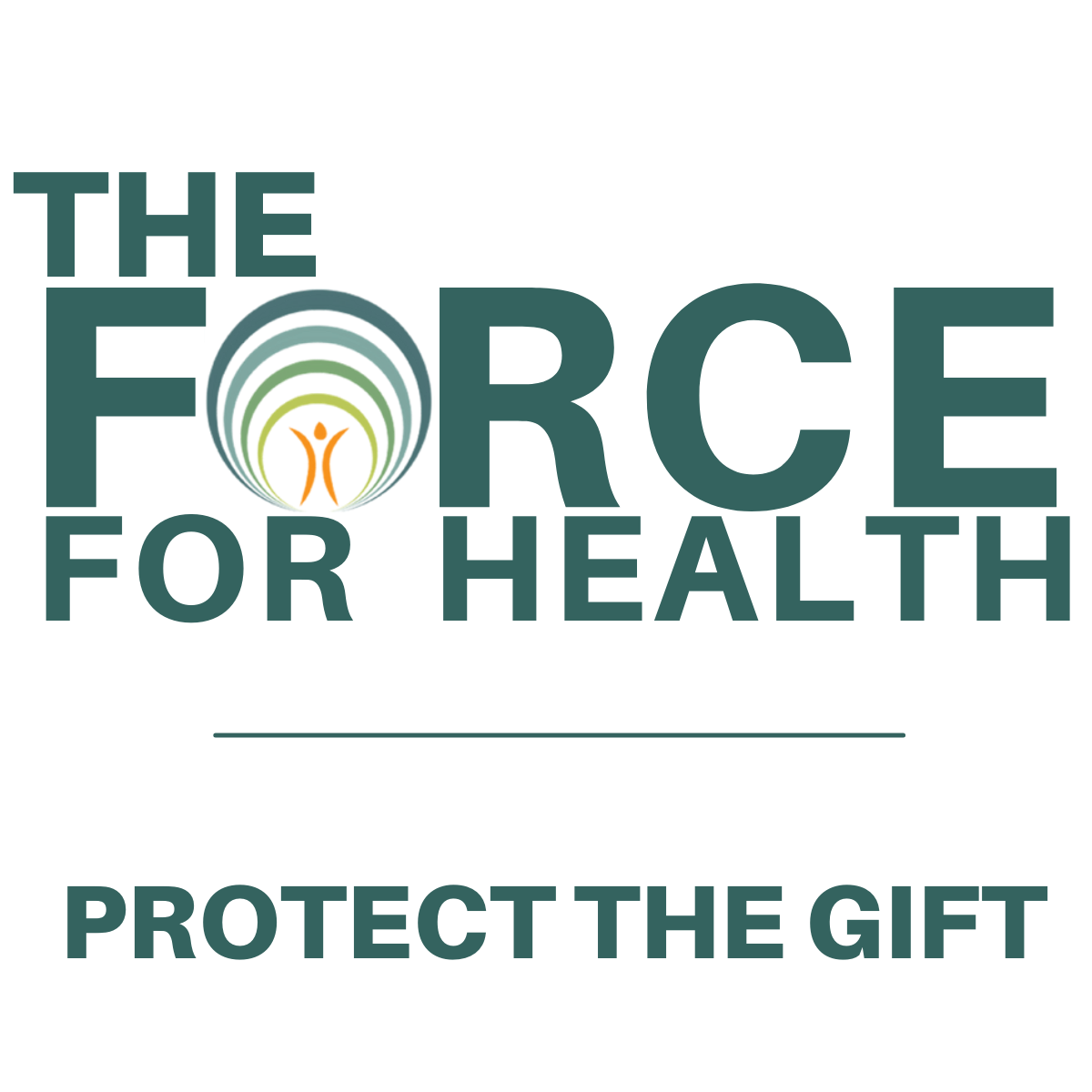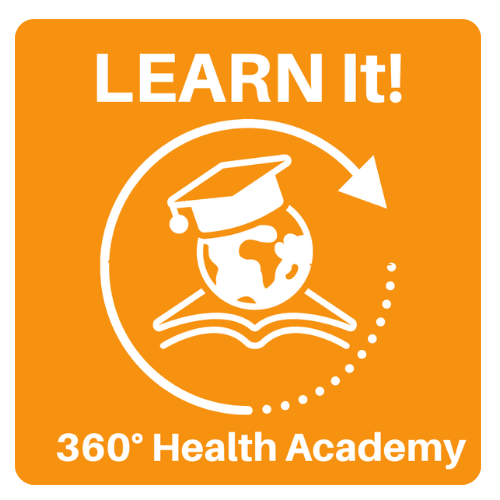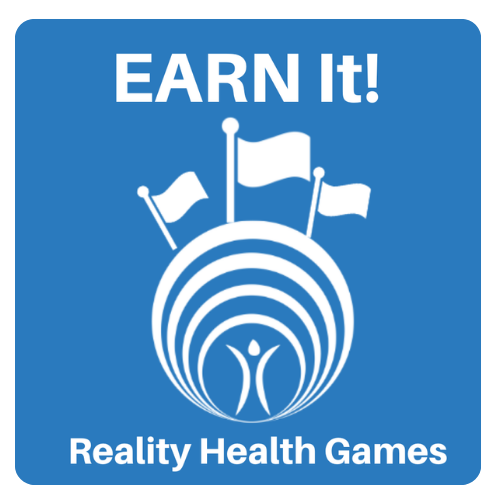
Medical Minutes with Dr. Rob: Kidney Disease Awareness Month
Hello, I’m Dr. Rob Gillio, Chief Medical Officer at the Force for Health Network. March is Kidney Disease Awareness Month, and it’s time to talk about one of the most silent but serious health threats affecting millions of people worldwide.
Who’s at Risk?
Kidney disease doesn’t always make headlines, but it should. 1 in 7 adults in the U.S.—that’s 37 million people—have chronic kidney disease (CKD), and 90% don’t even know they have it.
It affects everyone, but some groups are at higher risk:
🩺 People with diabetes—almost half of kidney failure cases are caused by diabetes.
❤️ People with high blood pressure—hypertension damages the kidneys over time.
🧬 Those with a family history of kidney disease—genetics plays a role.
⚖️ People with obesity—excess weight increases stress on the kidneys.
🏥 Black, Hispanic, Asian, and Native American communities—higher rates of diabetes and hypertension contribute to increased CKD risk.
How to Prevent Kidney Disease
The good news is that kidney disease is often preventable with simple, everyday habits.
✅ Control blood pressure & blood sugar—Regular check-ups help catch problems early.
💧 Stay hydrated—Water helps the kidneys flush out toxins.
🥗 Eat a kidney-friendly diet—Less salt, processed foods, and sugar; more fresh fruits, vegetables, and lean protein.
🚶 Exercise regularly—Even 30 minutes of walking can help improve kidney function.
🚭 Avoid smoking & excessive alcohol—Both damage the kidneys over time.
💊 Be mindful of medications—Long-term use of NSAIDs like ibuprofen can harm kidneys.
How Can You Help?
Kidney disease is silent, but you don’t have to be. Here’s what you can do:
💙 Raise awareness—Share information about kidney health with family and friends.
🩸 Encourage screening—If you or someone you love has diabetes or high blood pressure, ask a doctor about kidney function tests.
🛑 Advocate for healthier communities—Support access to fresh food, exercise spaces, and affordable healthcare.
👥 Consider organ donation—Kidney transplants save lives, and living donors can make a difference.
Final Thought
Your kidneys work 24/7 to keep you healthy—let’s return the favor. Take care of them, get checked, and spread the word. Together, we can fight kidney disease!
I’m Dr. Rob—stay informed, take action, and be a force for health. See you next time!
Recommend0 recommendationsPublished in Dr. Rob Perspectives, Health Month Awareness Series, Medical Minutes with Dr. Rob







